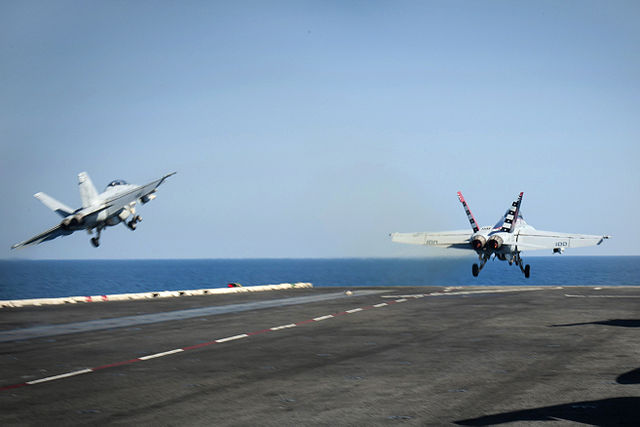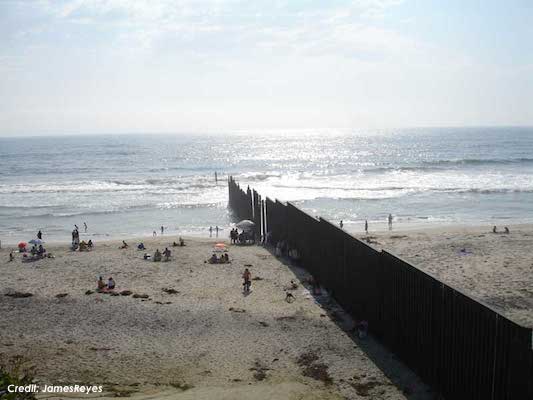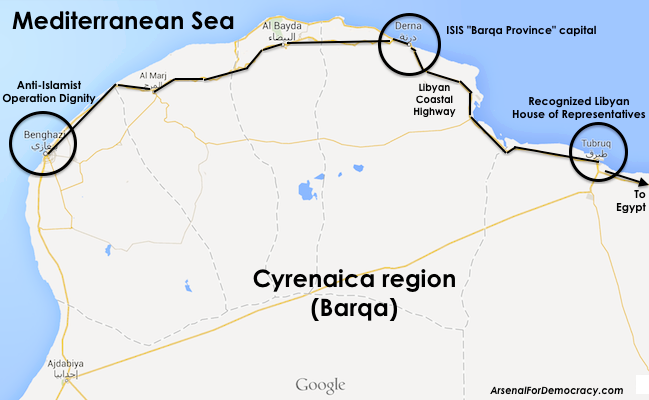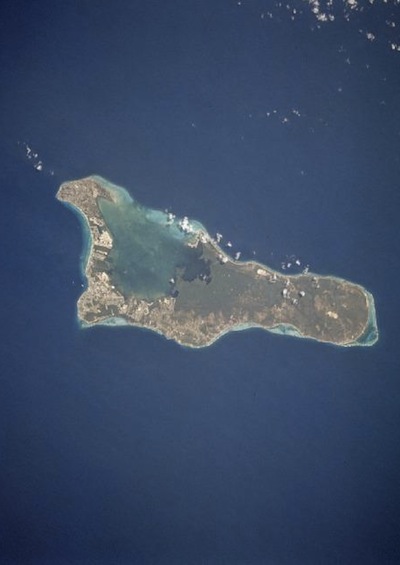Well, just as I suspected, the Israeli left is still irreparably broken and hopeless. The uncomfortable Labor-Hatnuah center-left electoral alliance known as “Zionist Camp” is flailing badly with a month to go in the Israeli campaign:
The Zionist Camp’s campaign is one of the most flawed and struggling ever seen in Israel. Not only did the joint campaign fail to win widespread support, it actually helped Netanyahu recover in the polls while causing enormous harm to [Isaac] Herzog’s chances of becoming Israel’s next prime minister. Furthermore, it has become clear that the rotation agreement, reached at the start of the campaign as a precondition for [Tzipi] Livni joining forces with Herzog, has caused Herzog tremendous damage.
(The rotation agreement is basically that Herzog of Labor would be prime minister for 2 years and then Livni of Hatnuah would be prime minister for 2 years after that.)
Livni, a former member of the conservative Likud Party before switching to various iterations of a centrist party, is still convinced (according to this article) that her natural appeal and constituency lies in appealing to the Israeli moderate right — whatever that is — instead of the fragmented left-leaning voters in the country, which is where the bulk of Labor’s support comes from.
As usual, this strategy of abandoning the left completely and trying to appeal to the center-right doesn’t really produce much success and tends to consolidate the conservative party or parties much father toward the right.
As that article above also notes, the centrist parties and the center-left “Zionist Camp” partnership have essentially just redistributed the votes on the left without actually gaining any “market share” so to speak from the right. This has serious consequences because any hypothetical leftist government was already going to need the support of a bunch of leftist parties to form a coalition, as I explored in my recent op-ed for The Globalist.
One scenario that might actually change things on both economic issues and the question of the Palestinian territories would be a nine-party coalition led by Herzog. The parties would be Labor (center-left), Hatnuah (centrist), Yesh Atid (center-left), Meretz (social democratic), a joint Arab/Communist list of four diverse parties, and Kulanu (centrist).
Weakening some of them could push one or two of those similarly-minded parties below the vote percentage threshold to receive any seats after the election, which makes it more likely that those seats will instead be awarded toward the small ultra-right-wing parties that would be the next-lowest vote-getters. Collectively, the Israeli right is already much more unified and condensed, as I also pointed out.
Another plausible outcome would be a six- to seven-party coalition headed by Mr. Netanyahu’s Likud and made up entirely of parties that oppose halting settlement construction and/or the entire peace process. This would likely be more stable, as there is somewhat less disagreement on fundamentals and details alike.
Indeed, in sharp contrast with the near lockstep between the right-wing parties on big issues, all the public bickering inside “Zionist Camp” has undermined any confidence that the two tent-pole parties of any left-leaning coalition could actually work together with each other, let alone with a half dozen or more coalition partners from other left-leaning parties.
We’re now heading, as I expected, either toward
- a highly unstable and internally jumbled coalition of Labor/Hatnuah and a bunch of small but very right-wing parties that oppose everything Herzog claims to stand for, or
- a new Netanyahu government that is more decisively right-wing, religious, and ethnocentric than ever before in Israeli history
To be clear: in the latter scenario, Israel’s coalition government would be led by an ever more conservative Likud party and filled with a number of parties so extreme that if they were running for office in Europe and winning seats we would all be wringing our hands like we do with UKIP, Front National, Swedish Democrats, et al.
Israel’s election is likely to be a bitter disappointment for Washington, but not an unpredictable one for anyone who has taken the time to understand the Israeli election system and pays attention to the fractious developments in its domestic politics since 2005. This should not in any way surprise American officials and pundits.
The latter of the two increasingly likely outcomes, I argued last week…
…would demonstrate the paralysis of the Israeli left (and isolation of the Israeli Arab population) against the rise of politicized Orthodox Judaism and immigrant-turned-settler politics.
And those trends are nothing new. This would merely confirm all of that.






 Well, I don’t know about that, Mr. Osborne, but it seems like trying to do something about
Well, I don’t know about that, Mr. Osborne, but it seems like trying to do something about